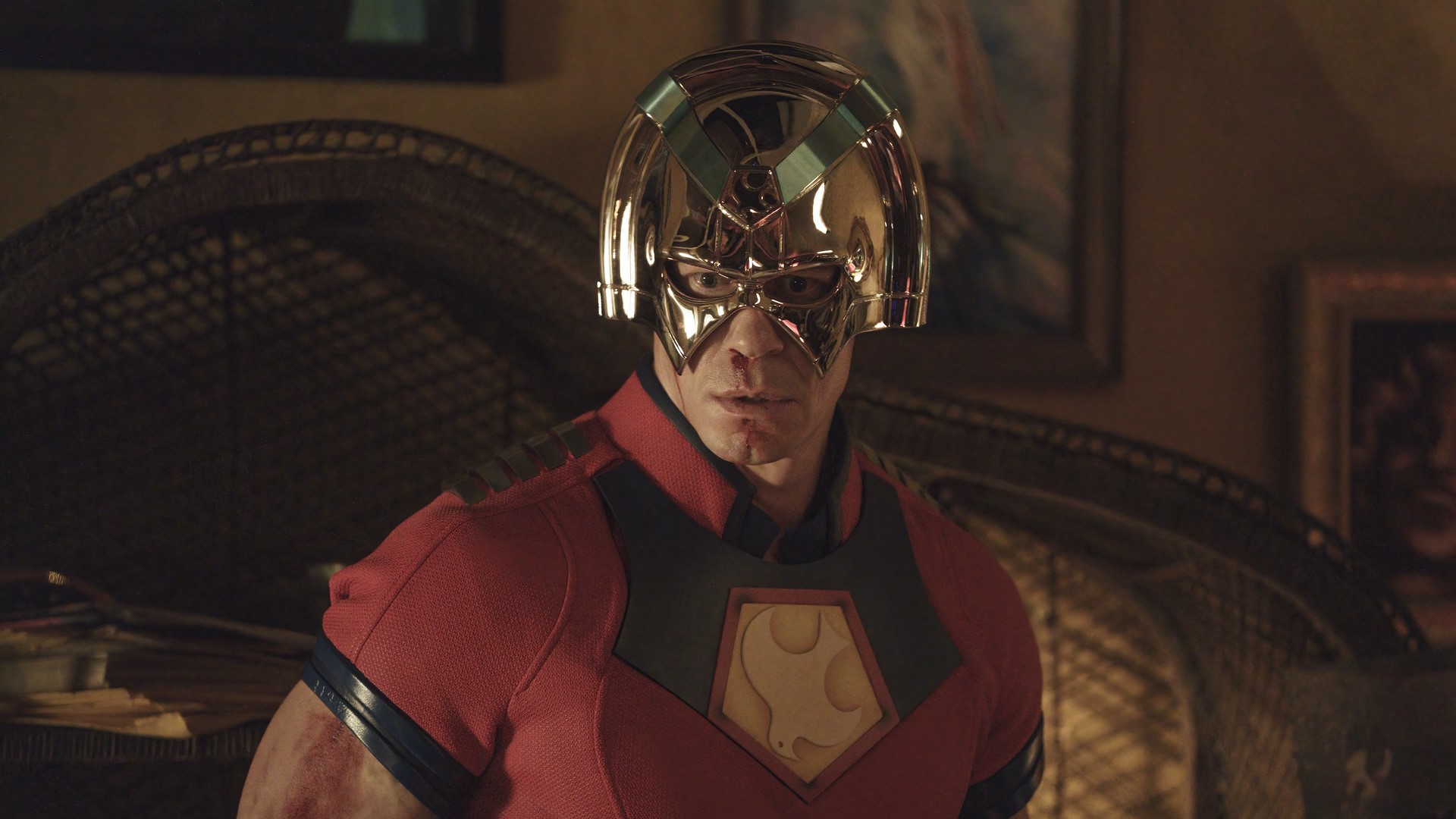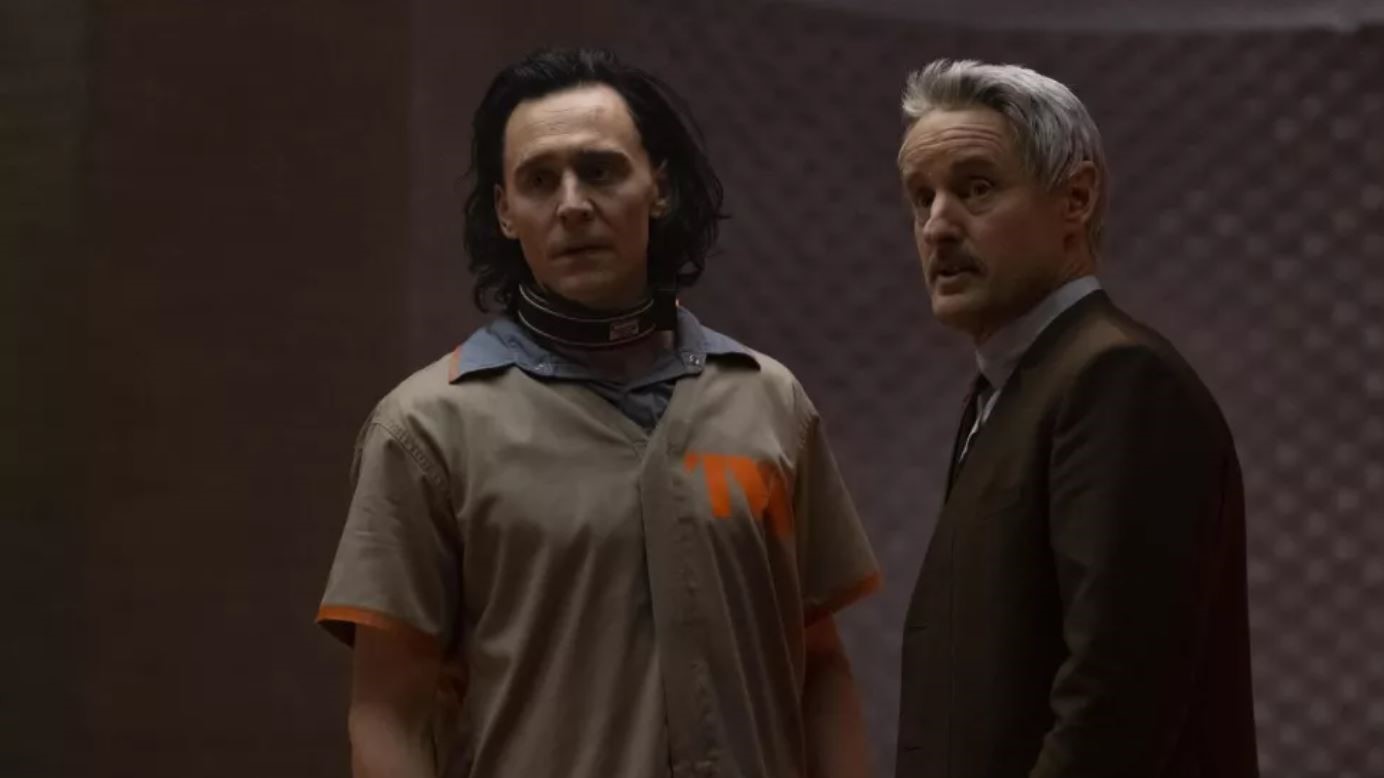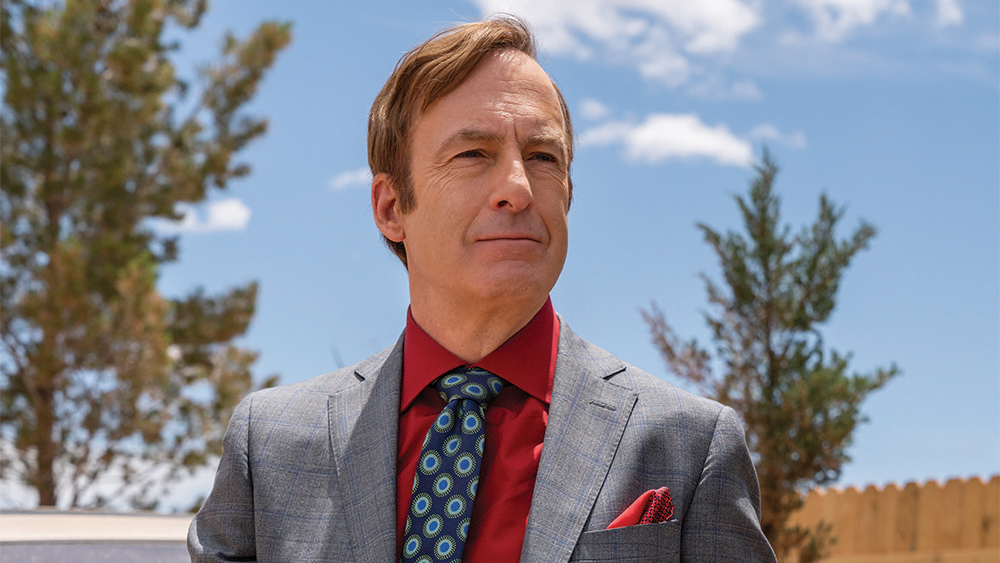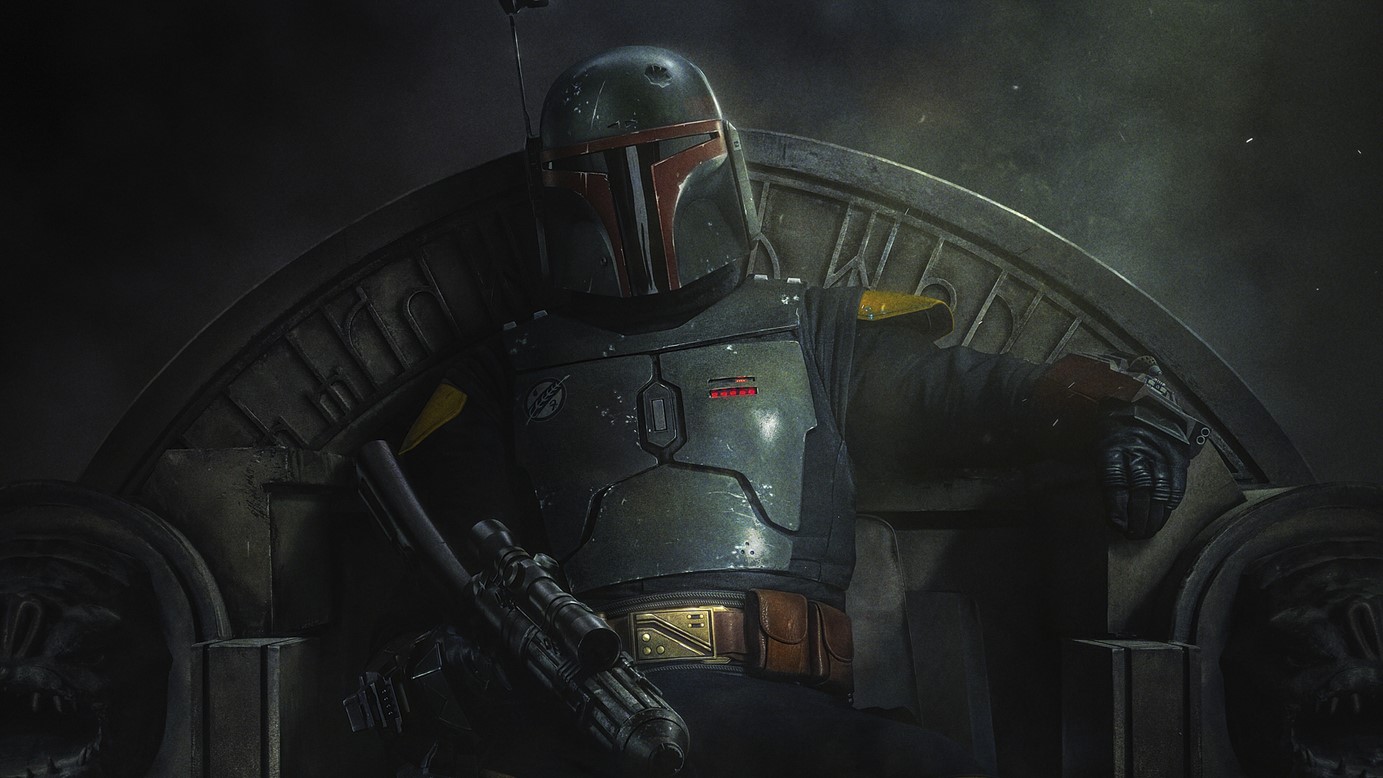Peacemaker, Loki and Walter White: why we love villains
What is it about bad guys that make them so great to watch?

The latest updates, reviews and unmissable series to watch and more!
You are now subscribed
Your newsletter sign-up was successful
Want to add more newsletters?

ONCE A WEEK
What to Watch
Get all the latest TV news and movie reviews, streaming recommendations and exclusive interviews sent directly to your inbox each week in a newsletter put together by our experts just for you.

ONCE A WEEK
What to Watch Soapbox
Sign up to our new soap newsletter to get all the latest news, spoilers and gossip from the biggest US soaps sent straight to your inbox… so you never miss a moment of the drama!
They say villains have all the fun. To a certain extent, that’s true. However, the current era of genre movies and television has explored subversions of that idea, with several movies and shows humanizing the villains audiences love to hate. These projects peel back the layers of these characters, turning them, at times, into heroes. This is what makes audiences love them.
One such project is James Gunn’s Peacemaker, which wrapped up its first season on Thursday, Feb. 17 (don't worry, it's coming back for season 2). Throughout its eight-episode run, the show has depicted the exploits of Peacemaker, who was initially an antagonist in Gunn’s film The Suicide Squad. In the film (SPOILER ALERT) Peacemaker kills Rick Flag — the team’s leader and the person most committed to morality in the film. How then did he become the underdog audiences loved rooting for eight episodes later?
For that matter, how is it possible for any villain to become even more embraced by fans than heroes? We've looked at some of the most iconic villains and what helped make them fan favorites.
Peacemaker & Loki: redemption seekers

Much like Gunn does with Peacemaker, the more a movie or TV show explores the question surrounding why a villain becomes the villain, the better the audience understands their motivations and state of mind. With Peacemaker, Gunn paints a traumatic backstory fueled by a contentious relationship between Peacemaker and his father; a racist neo-Nazi played by Robert Patrick. In a classic case of nature vs nurture, the character was raised to become a killer and baptized into the horrible beliefs of his own evil father. Internally, the character not only begins to learn his methods and rationale are wrong, but also that becoming a villain was not entirely his fault. Therefore he is ready to earn redemption.
Another show fans loved was Loki. The MCU’s Loki has been a fan-favorite going back to his debut in the first Thor. That’s because we felt for him after being lied to his whole life and always being perceived as second-best to Thor. What made Loki even more compelling in his TV show, however, is that (much like Peacemaker) he was forced to confront the truth about himself — his pettiness and desire to prove himself worthy to rule would ultimately lead to his death and the deaths of those he cared about. Much like Peacemaker, Loki is sympathetic because of his familial traumas. Once he confronts the truth about himself, the audience can root for his redemption.
Walter White & Saul Goodman: relatable

To err is human. While heroes can be flawed, they are always righteous. However, humanity isn’t always so. Heroes are shown as the example for humanity to follow, but it’s so much easier to identify with the villains, which makes them appealing.
Two of the most flawed, relatable characters in the history of TV are Breaking Bad's Walter White and Saul Goodman, who got his own show in Better Call Saul. Audiences love both Walt and Saul because, though they are both cautionary tales, they are two of the most human characters on screen.
The latest updates, reviews and unmissable series to watch and more!
When the journeys of Walt and Saul begin in their respective shows, we find them struggling through the uphill battles of everyday living: unfulfilling jobs, being ignored/dismissed, heavy debts, etc. When Walt reaches his breaking point and decides to seize power, the audience understands why. When life beats down Jimmy McGill (Saul's real name) to the point where he decides to beat the system by outwitting it, the audience is ready to root for him.
That’s because it’s easier to know what it’s like to be beaten down by life than to be 100% pure. Corruption, due to power and money or the desire to get back at the world for taking you down, are very relatable. The highs and lows, the temptations and flaws make them human, which makes them and their journeys more compelling.
Boba Fett: rule bender

Let’s be honest — heroes slavishly stick to their moral codes. That’s boring. It’s much easier to enjoy villains and anti-heroes because they indulge in walking the tightrope between right and wrong.
This was part of the charm of Star Wars' Boba Fett. The height of his popularity spawned when he was a ruthless bounty hunter who pulled out all the stops to capture Han Solo in The Empire Strikes Back. However, losing that angle in The Book of Boba Fett has been controversial.
The Book of Boba Fett reception was mixed. Audiences spent the first four of seven episodes watching the journey of a bounty hunter who refuses to kill. The IMDb reception of the first four episodes averages out to a 7.3 rating. Compare that to the fifth and sixth episodes, which diverge and follow Din Djarin (aka the Mandalorian), earning 9.3 and 9.4 ratings on IMDb, respectively. While the Mandalorian has been a hero from the start, his actions are often morally grey (he decapitates a crime boss in his first scene).
Would the show be better if Fett’s motivations for reforming were better explained? Potentially. But again, I think there’s a reason people enjoy the thrill of watching the Mandalorian take out people mercilessly. Seeing villains go from being rule breakers to buzzkills makes for a less compelling, less fun character. Yet, seeing villains bringing their rule-breaking to the side of justice (like Peacemaker, Loki or even Venom) gives the audience a sense of exhilaration and, again, relatability.
Mike is a proud, sarcastic nerd with a penchant for comic books, comic book movies, and movies in general, and occasional delusions of grandeur. He's also a UC Berkeley graduate who decided to go into writing over pre-med because he figured he'd ultimately save more lives by not being a doctor. He's a Slytherin and a Pisces, so he's very emotionally sensitive, yet also evil, but can be defeated by exploiting his insecurities. His goal is to live one hell of a unique life, and it's been working so far! His proudest moments are being retweeted by James Gunn and Ryan Reynolds in the same week, and getting 999,999 points on Buzz Lightyear Astro Blasters at Disneyland.
You can find Mike's writing around the web at publications like The Nerds of Color, What to Watch, Spoiler Free Reviews, and That's It LA.


